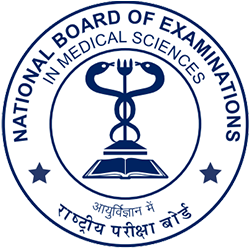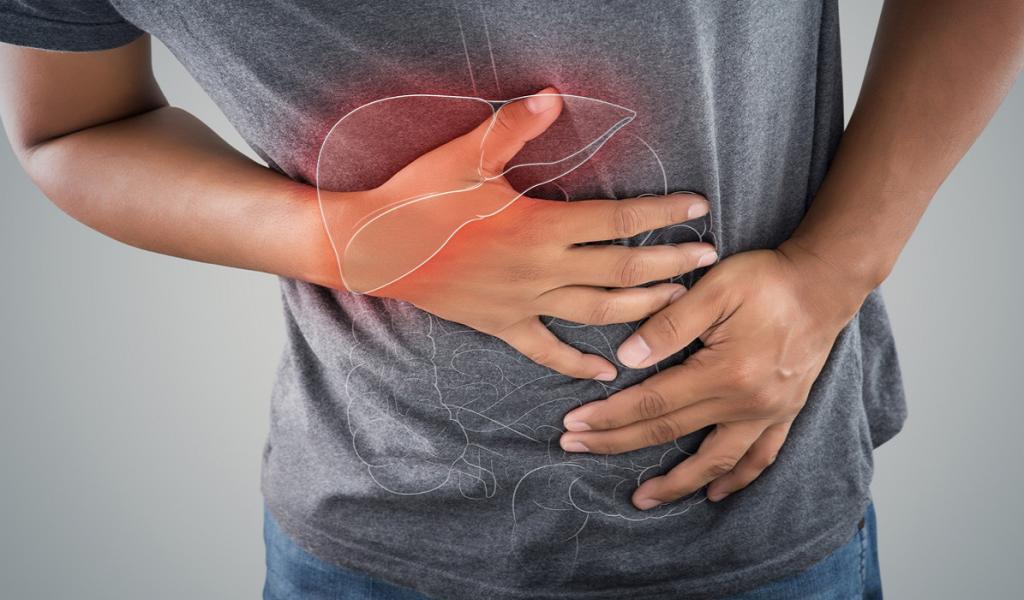The harmful use of alcohol kills more than 3 million people each year, most of them being ‘men,’ according to a report published by the WHO (World Health Organization) in their Global Status Report on Alcohol, 2018. April is considered Alcohol Awareness Month in the US, founded and sponsored by the NCADD (National Council on Alcoholism and Drug Dependence.) Let us also take this opportunity to increase awareness and understanding of alcohol addiction, its causes, effective treatment, and recovery.
To start, we must understand the harmful effects excessive alcohol use has on our physical health. These include liver problems (fatty liver, cirrhosis,) digestive problems (gastritis, ulcers, malnutrition,) risk of diabetes, risk of hemorrhagic stroke, infertility, risk of cancer and brain damage.
We must also focus on the harmful effects it has on mental health – alcohol can feel rewarding and temporarily makes us feel euphoric and relaxed. However, it actually decreases the level of serotonin in the brain, which causes depression and anxiety. Therefore, in the long term, alcohol addiction can cause depression, anxiety, sleep problems, aggression, and dementia-like symptoms.
Now that we are aware of the problems, the next step is understanding the treatment. You would require a consultation with a physician who would conduct various baseline investigations to assess the effect of alcohol use on your body. The next rational step is to quit alcohol altogether, which is definitely not an easy decision to make.
Quitting alcohol may seem difficult, though it is possible when done with a systematic approach. It is often a lack of motivation that delays the recovery in cases of dependence. Motivational interviewing is a type of counseling that helps ambivalent people bring about a change in their lifestyle and making significant decisions, such as quitting alcohol. Once the person is willing to stop alcohol, a one-week detoxification programme can be initiated at the hospital with ongoing counseling. Along with successful detox, Antabuse can be commenced which will prevent any further cravings for alcohol. In some cases, the above programme may not be relevant – here, rehabilitation units should be considered.

DR DALJEET KAUR
CONSULTANT PSYCHIATRIST
MBBS, MRCPsych (UK), GMHE (IIMB)





